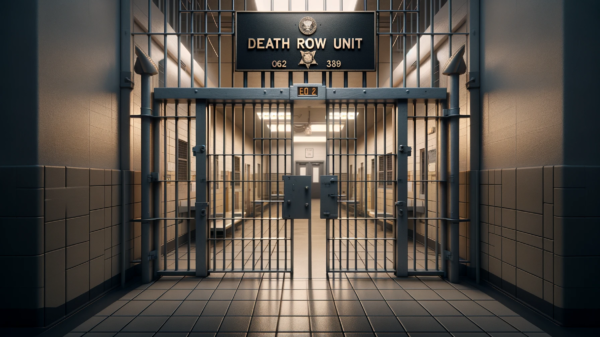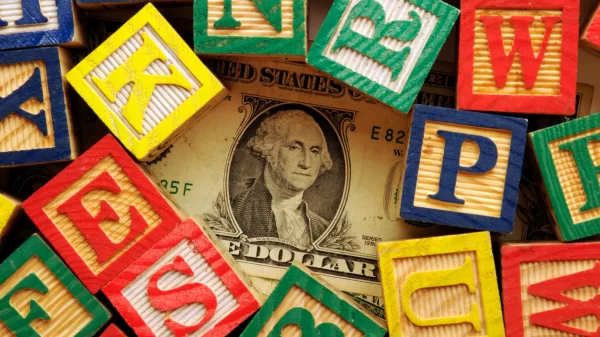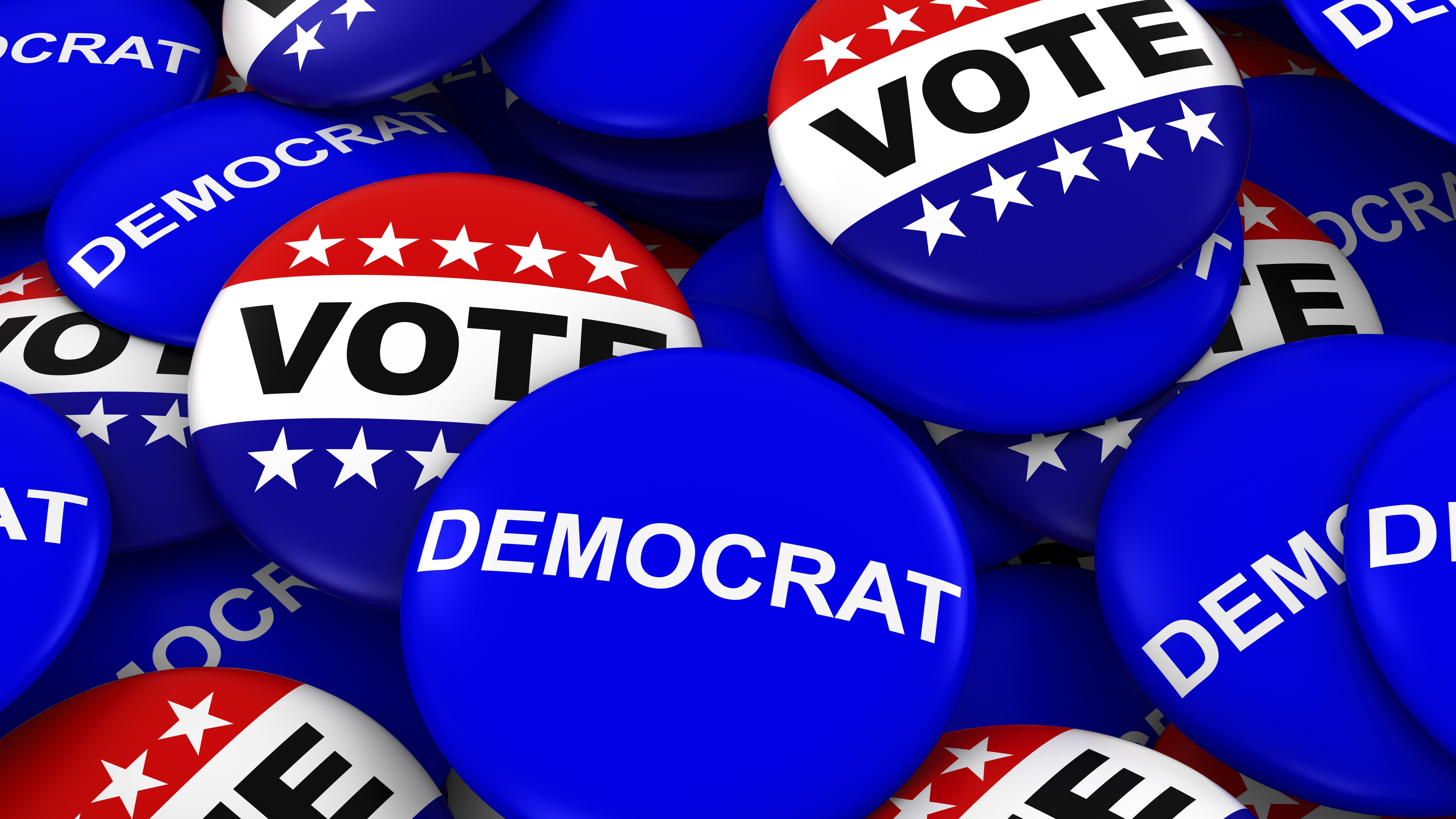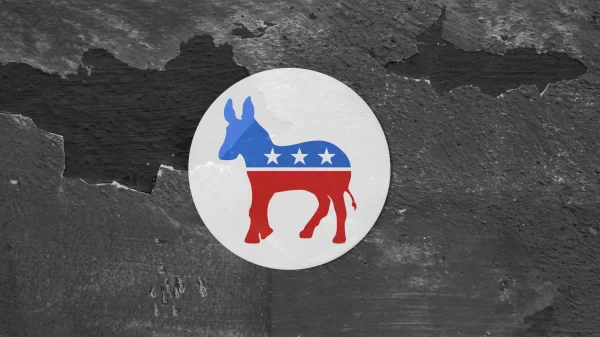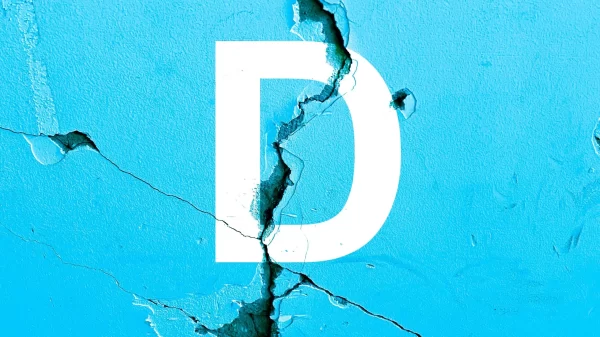The only constant in politics as in life is change, and the election of State Rep. Chris England as the Alabama Democratic Party’s chair is a sign of positive change.
However, in a state that overwhelmingly elected Donald Trump president and is ruled by a Republican supermajority, how will England rebuild a currently factious Democratic party into a meaningful political force?
England’s raise is a historic moment as he is the first African-American to serve as ADP chairman.
Also historic was the selection of former State Rep. Patricia Todd, the state’s first openly gay lawmaker as vice-chair.
Both England and Todd are reasonable individuals; they are also fighters who inspire confidence and enthusiasm, especially among young voters.
The challenges facing England and the Alabama Democratic party are many, including how to heal rifts caused by former party chair Nancy Worley and longtime democrat powerbroker Joe Reed. But mending fences may be less critical than forging a new coalition of voters who feel alienated by the hate-mongering divisiveness that plagues our national political conscience.
Alabama is currently a solid Republican state, but that’s not always been the case. And while it will take time and lots of money to stem the red tide, history shows that it’s possible and perhaps even inevitable that Democrats will gain ground over time.
The key may very well lie in the new ADP bylaws, which give voice to several minority groups, including LGBTQ folks, Hispanics, Asians and youth. Add to these numbers progressive whites and disenfranchised suburban women, and there is a path to an energized electorate who will vote Democrat. Will this happen overnight? No.
Conservatives might be inclined to laugh or dismiss the power of such an assembly, but it only takes a small band of committed individuals to change politics.
Polls show that President Trump and the GOP are already losing younger voters, with 59 percent of Millennial voters now registered as Democrats.
Voters under age 30 voted for Democrats by a 35-point margin in the 2018 elections with Republican House candidates performing at historic lows among 18-to-39-year-olds according to recent reports.
Surveys find younger voters are concerned about climate change and social issues, including immigration, reproductive rights and racial inequities.
“What we as a conservative movement look like to young Americans is old, white, male, bigoted, and unprincipled—people who bray loudly at others breaking the rules but excuse ourselves doing so,” wrote Kori Schake, a contributing writer at The Atlantic and deputy director-general of the International Institute for Strategic Studies.
While England and the Dems have a long road ahead, with the right leadership, a positive message and adequate fundraising, a viable state Democratic Party is possible and even likely.
As much as any majority is loath to admit the political pendulum swings both ways often going from extreme to extreme.
Alabama is best served by a healthy two-party system where compromise leads to just outcomes for all of the state’s citizens, not only a few.













